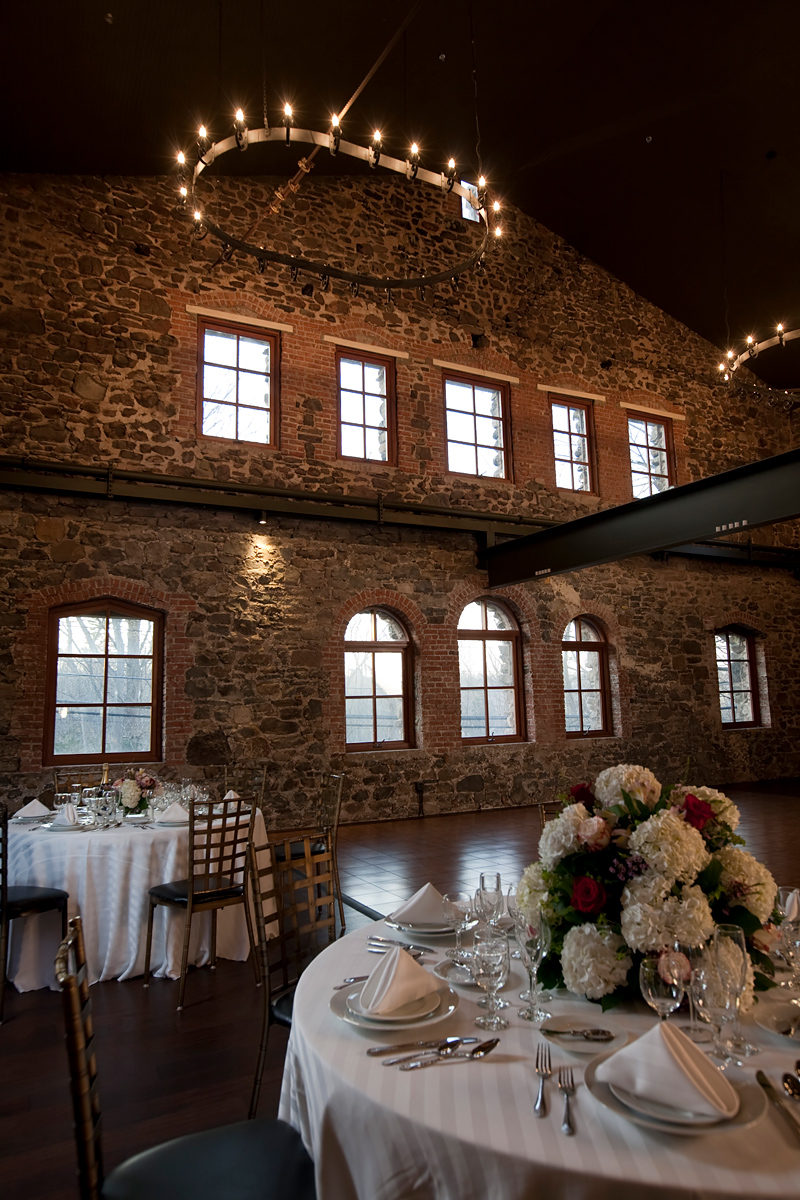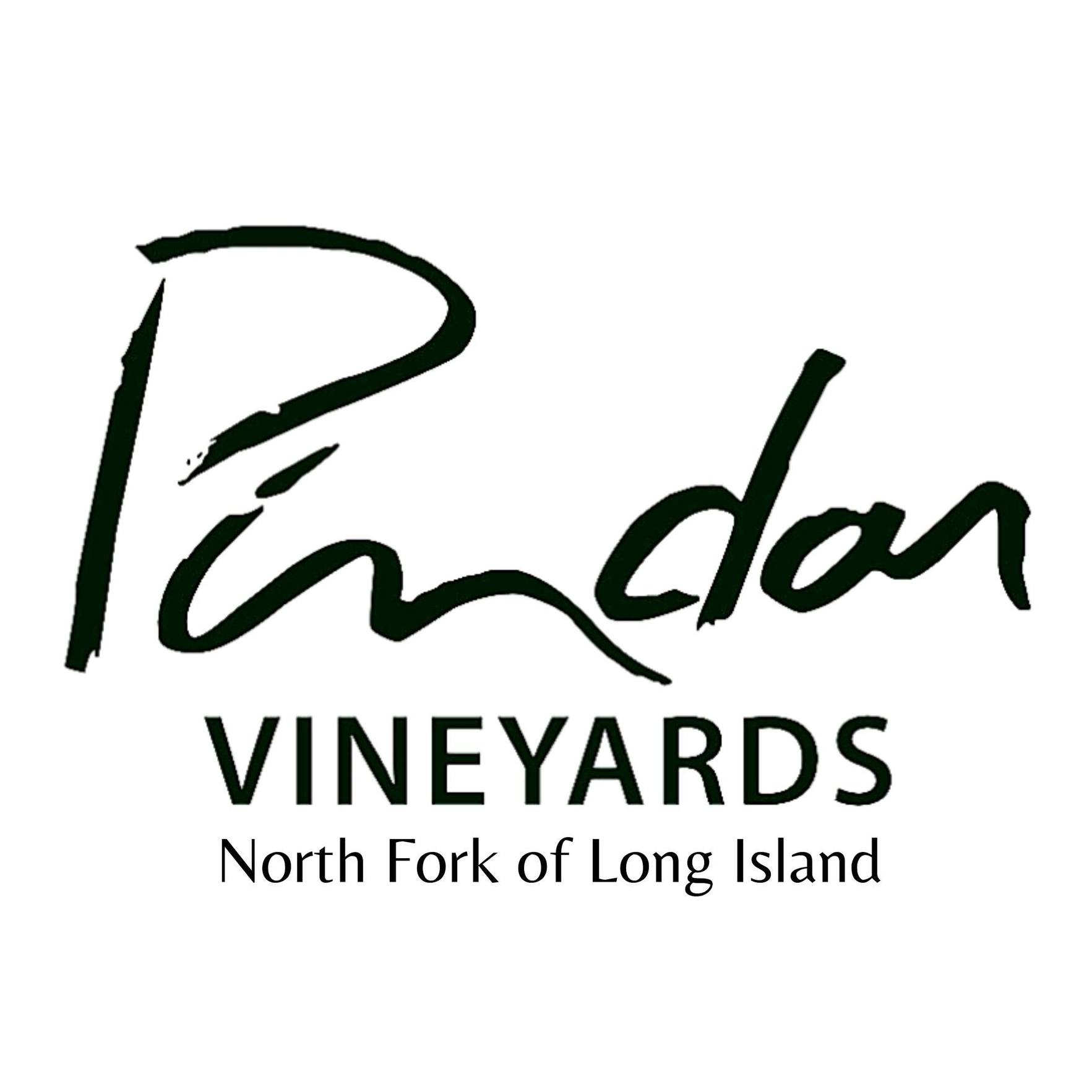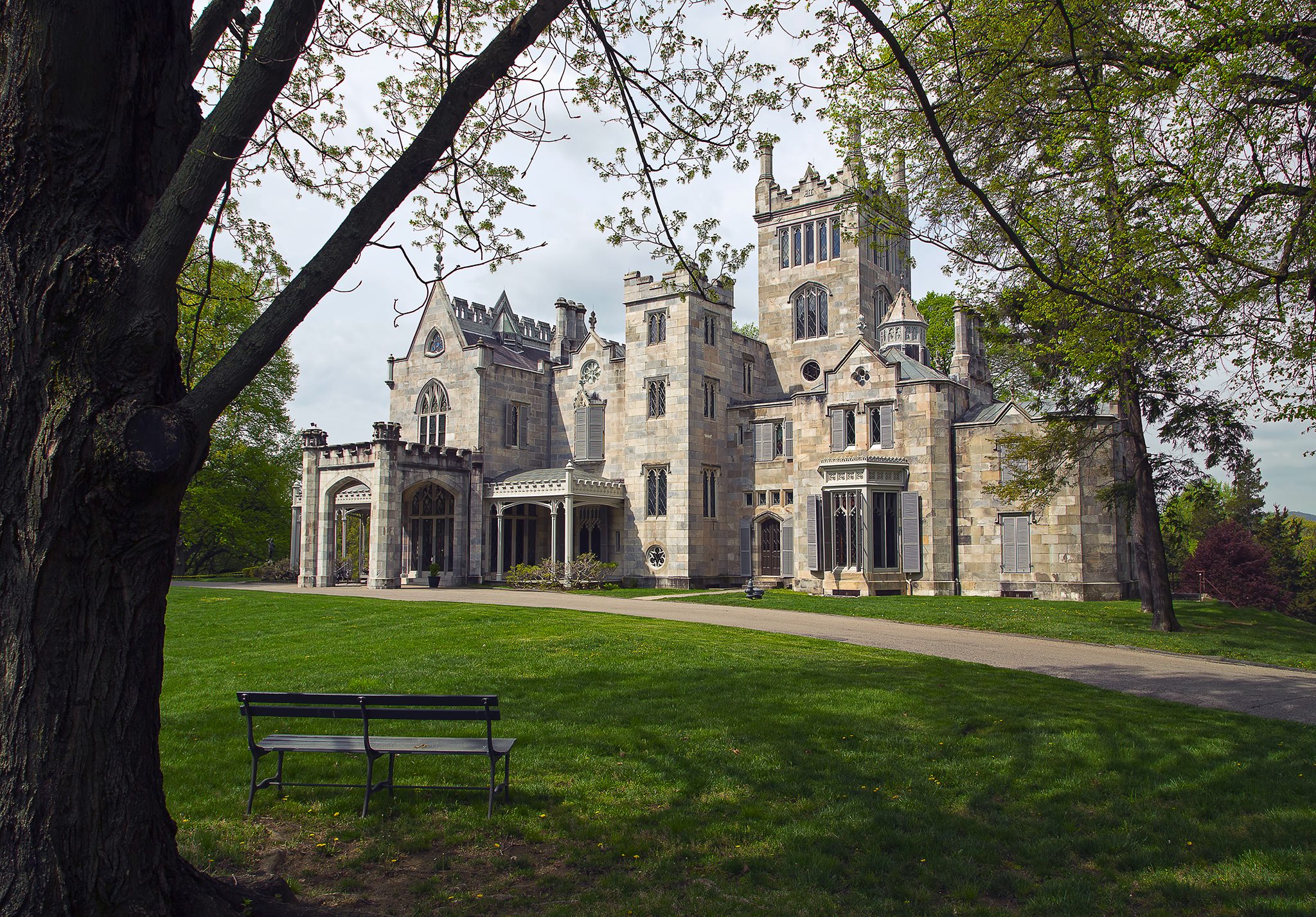
Brotherhood Winery
When legend becomes fact, the old Hollywood adage goes, print the legend. For Brotherhood Winery, which produced its first documented vintage in 1839, legend and history intertwine. Its stories have been told and re-told, gaining scope and dimension. Some have been exaggerated beyond recognition.
The true facts about Brotherhood have confused many people for many years. Is Brotherhood really the oldest winery in the United States? Who was the founder, and was he a Scottish emigrant, a French Huguenot, or a cloistered monk? Where did the name Brotherhood actually come from? How did the winery survive Prohibition? Did Brotherhood truly invent wine tourism? And how did it become the premium winery it is today?
In THE STORY OF BROTHERHOOD, Robert Bedford sets the record straight, and explores the remarkable past of the country’s oldest winery.
The book celebrates nearly 175 years of captivating history, and commemorates its owners and stakeholders who contributed to the winery’s longevity through loyalty, perseverance, innovation, and sheer imagination.
A remarkable collection of rare images vividly illustrate the evocative text, stories and anecdotes as well as the facts with over 350 photographs, labels, documents, memorabilia, and advertisements. Culled from private and public collections, and carefully restored by the author, most of the images and documents have never been published before, or seen outside of Brotherhood Winery.
With this combination of insight and imagery, THE STORY OF BROTHERHOOD, AMERICA’S OLDEST WINERY unfolds through eras of grit and glamour. It is as comprehensive as it is pioneering; a major contribution to the history of wine making and wine production in New York and the United States.
John Jaques, a cobbler by trade, began growing native grapes in the backyard of his Washingtonville, NY store as early as 1824. By 1835, he had established a large vineyard, selling his grapes in the New York City market. As prices dropped, Jaques turned instead toward making wine, releasing his first commercial vintage in 1839, under the label “Blooming Grove Winery.”
As an elder in his Washingtonville Presbyterian Church, Jaques initially produced wine for sacramental use, but from the first vintage the wine quickly developed a reputation for purity, “free of alcoholic adulterations.” These qualities brought Jaques’ wines into great prominence.
In 1858, Jaques passed the operation on to his three sons, John Jr., Oren and Charles. First renamed “John Jaques Jr. & Brothers,” and then “Jaques Brothers Winery,” the three brothers expanded the vineyards and increased production to 15 different styles of wine, keeping roughly 35,000 gallons of wine, port and brandy in storage in their hand-dug underground cellars.
The Jaques Brothers Winery continued to prosper until, in 1886, ill health forced Charles Jaques, the last surviving Jaques brother, to sell the entire winery and vineyards to New York City wine merchants J. M. Emerson & Son.
Wine merchants Jesse M. Emerson and son Edward purchased the Jaques Brothers Winery in 1886. As previous agents for the upstate religious community known as the “Brotherhood of New Life,” the Emersons renamed the new facility the “Brotherhood Wine Company” to capitalize on the success of the Brotherhood brand name and reputation.
The Emersons quickly expanded the winery, adding several stone buildings and additional underground vaults to accommodate increased production of table wines, brandies and sherries, and distilled spirits. Their focus on champagnes, made in the traditional French style known as methodé champenoise-fermented in the bottle-brought increased attention and exposure to Brotherhood wines. Edward R. Emerson broadened the business by establishing a shipping point and headquarters in New York City, and obtaining vineyards and wine cellars in Hammondsport, NY.
With its modern facilities and continued commitment to quality, Brotherhood’s sales increased exponentially well into the 20th century. Even with the rise of the Temperance Movement, the Brotherhood Wine Company continued to prosper, until Prohibition was enacted in 1920.
From elegant weddings, private parties and corporate banquets to charity balls, trade shows and cultural events, the Grand Monarque can be designed to accommodate a wide variety of gatherings.
Public Tastings are available Tuesday-Sunday.
100 Brotherhood Plaza Drive, Washingtonville, NY 10992
(845) 496-3661





